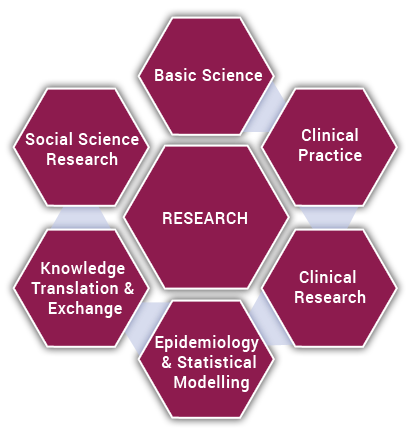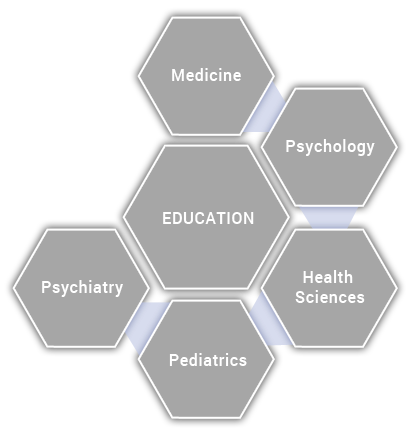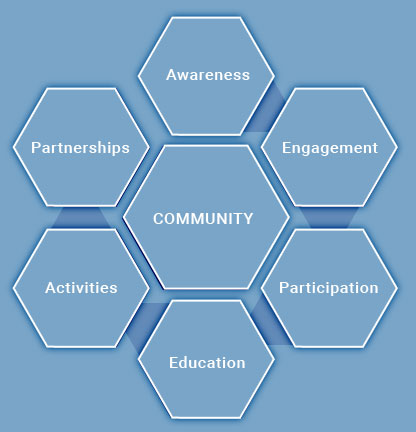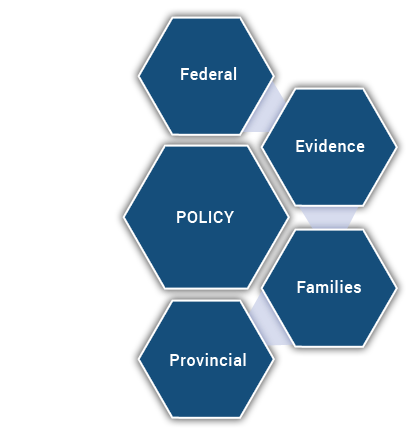April 2nd is World Autism Awareness Day – an internationally recognized day to continue raising awareness of autism spectrum disorder, and to promote acceptance and inclusion for the over 75 million autistic people across the globe. In Canada, the latest statistics (PHAC, 2022) tell us that 1 in 50 children and youth aged 1 to 17 are diagnosed with autism, highlighting the necessity and importance of creating an inclusive world.
As always, the McMaster Autism Research Team (MacART; www.macautism.ca) is excited to celebrate World Autism Awareness Day, kicking off World Autism Month. MacART is a partnership between McMaster Children’s Hospital, Hamilton Health Sciences, and McMaster University that aims to bridge the research-to-practice gap in autism. MacART is designed to foster collaboration among the families, researchers, clinicians, educators, and policymakers whose lives and work are touched by autism.
The theme of this year’s World Autism Awareness Day is inclusive education, tied in closely to the United Nations’ Sustainable Development Goal #4 – ensuring inclusive and equitable quality education and promoting lifelong learning opportunities for all, as the foundation for improving people’s lives and reducing inequalities. Ensuring quality inclusive education for people on the autism spectrum is essential; a report recently released by the Public Health Agency of Canada (February 2022) noted that more than 75% of Canadian autistic children attending school had special education needs (compared to just 13% of those without autism). The COVID-19 pandemic has resulted in school closures over the past two years, impacting an estimated 90% of students worldwide and disrupting learning that has only exacerbated inequalities in education.
MacART member Dr. Magdalena Janus focuses her research on early child development – including investigating children’s developmental health at school entry. Her work has shown that, even before receiving a diagnosis, children diagnosed with autism by age 9 show observable and meaningful differences in kindergarten classroom behaviours. Population-level research has indicated that most children diagnosed with autism by school entry show challenges as measured by the Early Development Instrument (EDI), which is highly predictive of their later academic and adjustment pathways – but research also showed that factors such as higher neighborhood advantage was associated with lower levels of these developmental challenges. The EDI is a tool that can be used to explore such social determinants of health and assess programs that prepare children for school.
In collaboration with McMaster Children’s Hospital and its regional partners, the EDI will be used in their new Entry to School Program to measure the extent to which this school readiness program helps young children, their families, and their educators, smoothly transition into school. “We know that development in kindergarten is a powerful predictor of children’s later social behaviour, academic achievement, and even health,” says Dr. Janus, Professor in the Department of Psychiatry and Behavioural Neurosciences at McMaster University. “This is a unique opportunity to assess how such school readiness programs can help provide a successful transition to school.”
MacART is proud to be supported by our partners:
- McMaster Children’s Hospital & McMaster Children’s Hospital Research Collaborative
- Hamilton Health Sciences & Hamilton Health Sciences Foundation
- McMaster University
Click here to download a copy of this statement.




